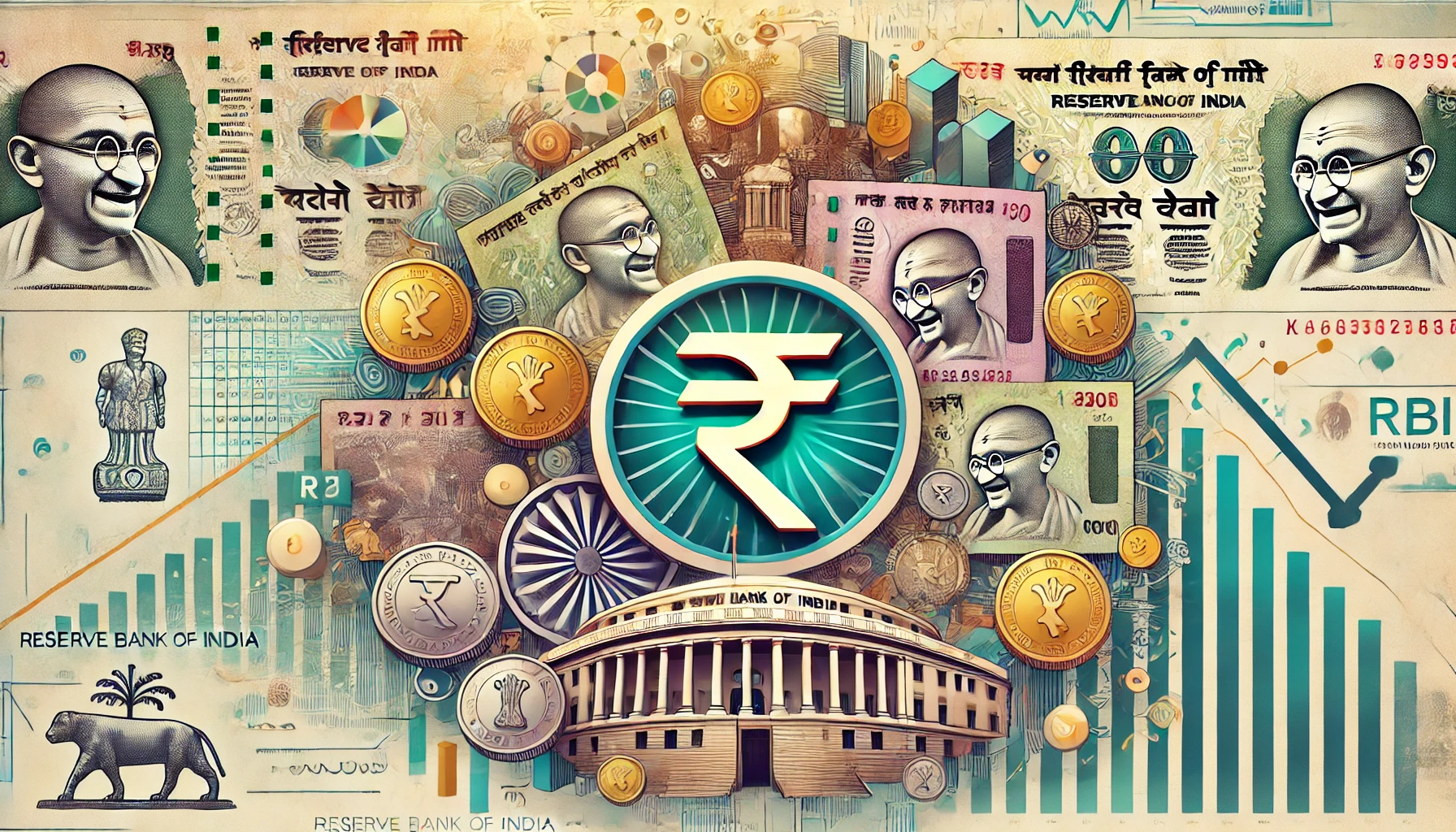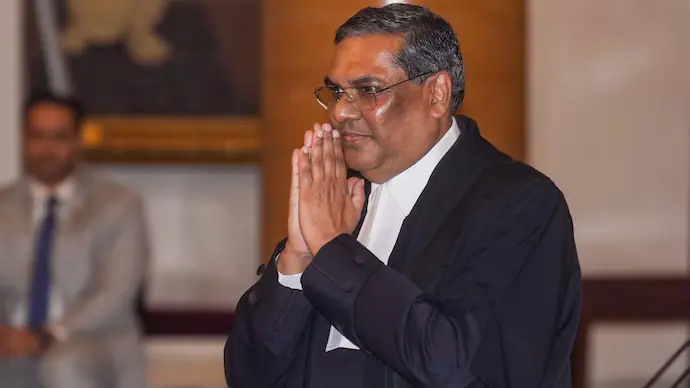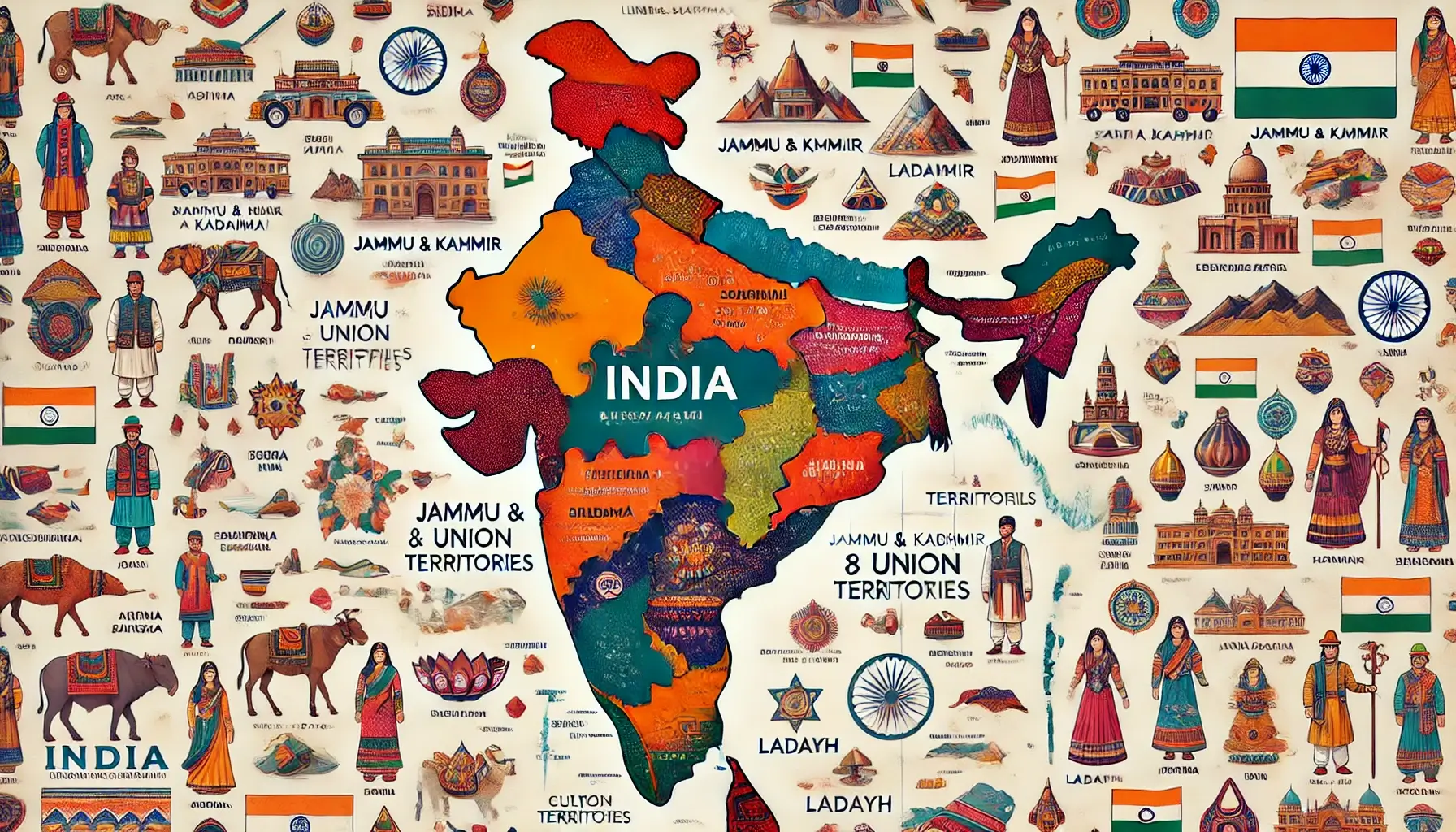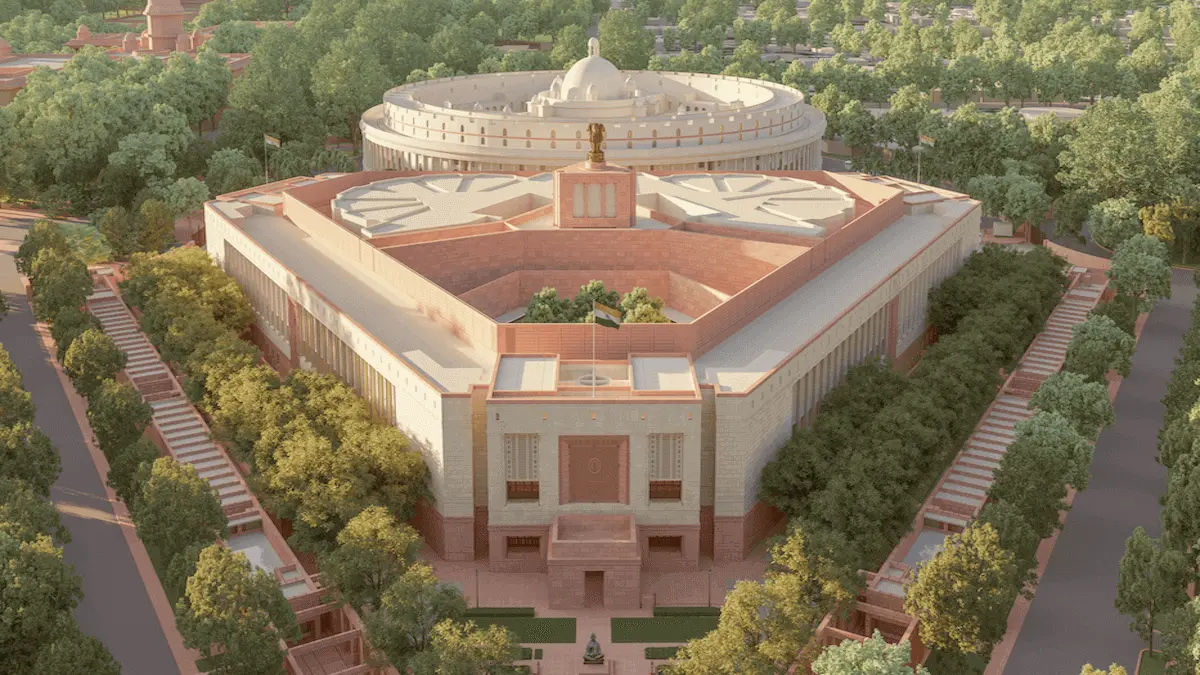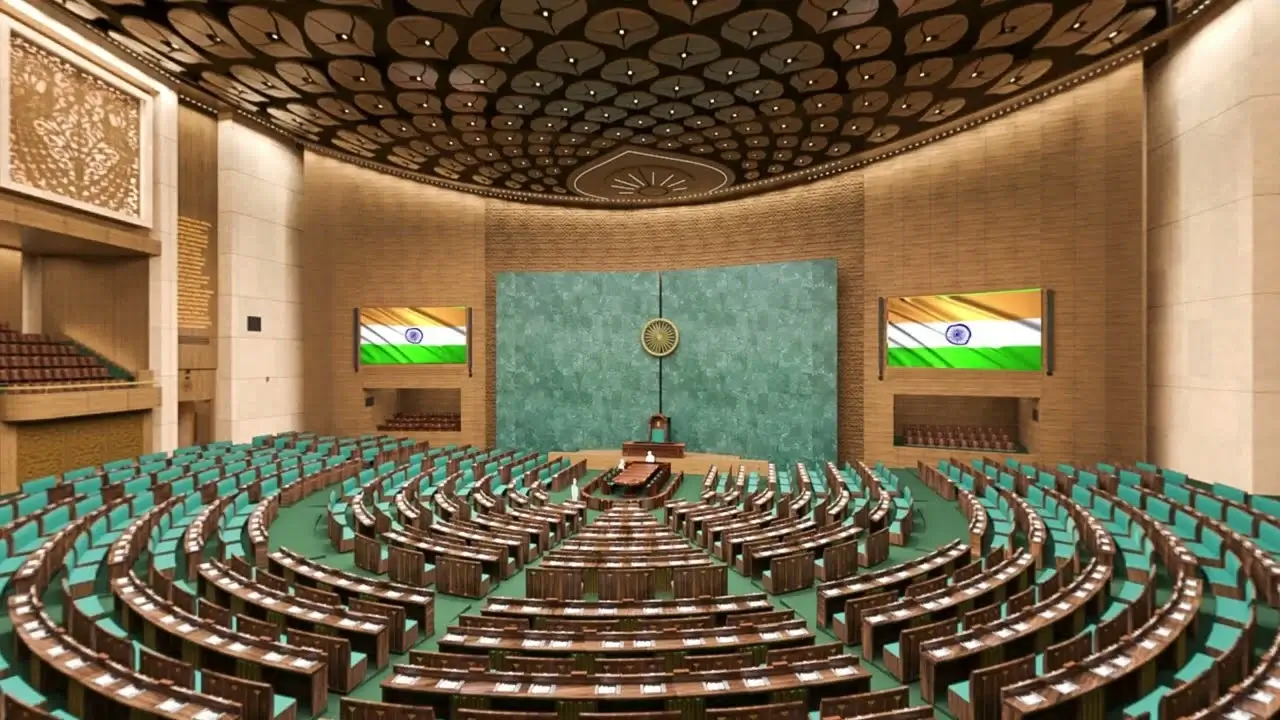Latest Blog Posts on Indian Currency and the Role of RBI, Sanjiv Khanna: 51st Chief Justice of India, India's 28 States and 8 Union Territories, Parliament of India, Lok Sabha (House of the People)
Indian Currency and the Role of RBI
The Indian Rupee (₹) is the official currency of India, issued and regulated by the Reserve Bank of India (RBI), headquartered in Mumbai. The RBI, India’s central bank, is responsible for managing the currency’s supply, stability, and value. It oversees the production and circulation of notes in various denominations such as ₹1, ₹2, ₹5, ₹10, ₹20, ₹50, ₹100, ₹200, and ₹500. Each currency note carries the signature of the Governor of the RBI, currently Sanjay Malhotra, which ensures its authenticity and legal status.
Sanjiv Khanna: 51st Chief Justice of India
Sanjiv Khanna, born on May 14, 1960 (age 64), in Delhi, is the 51st Chief Justice of India, starting from November 2023 and serving until May 2024. He leads the Supreme Court and is responsible for ensuring justice in the country’s highest court.
The Chief Justice of India (CJI) is appointed by the President of India, based on seniority within the Supreme Court, following advice from the Union Council of Ministers.
India's 28 States and 8 Union Territories
India has 28 states and 8 union territories, with New Delhi as its capital. The largest state by area is Rajasthan, while Goa is the smallest. In terms of population, Uttar Pradesh is the largest, and Sikkim is the smallest. Key cities include Bengaluru, known as the IT Hub and the Silicon Valley of India; Mumbai, the Financial Capital; Jaipur, the Pink City; Hyderabad, the City of Pearls; and Kolkata, the City of Joy. These cities reflect India’s cultural and economic diversity.
Parliament of India
The Parliament of India is a two-house legislature, consisting of two houses: the Lok Sabha (Lower House) and the Rajya Sabha (Upper House). It plays a key role in lawmaking, representing the people, and overseeing the executive branch.
The two major political alliances are the National Democratic Alliance (NDA), led by the Bharatiya Janata Party (BJP), and the United Progressive Alliance (UPA), led by the Indian National Congress (INC). Currently, the majority in the Lok Sabha is held by the National Democratic Alliance (NDA).
Lok Sabha (House of the People)
The Lok Sabha is the lower house of the Indian Parliament, with a maximum of 552 seats, and currently has 543 elected members, known as Members of Parliament (MPs). These members are elected directly by the people every 5 years. To form a government, a majority of 272 seats is required.
The National Democratic Alliance (NDA), led by the BJP, currently holds the majority, with Narendra Modi serving as the Prime Minister. The current Leader of the Opposition is Rahul Gandhi from the Indian National Congress (INC). The Speaker of the Lok Sabha is Om Birla, who presides over the sessions and maintains order in the house.
